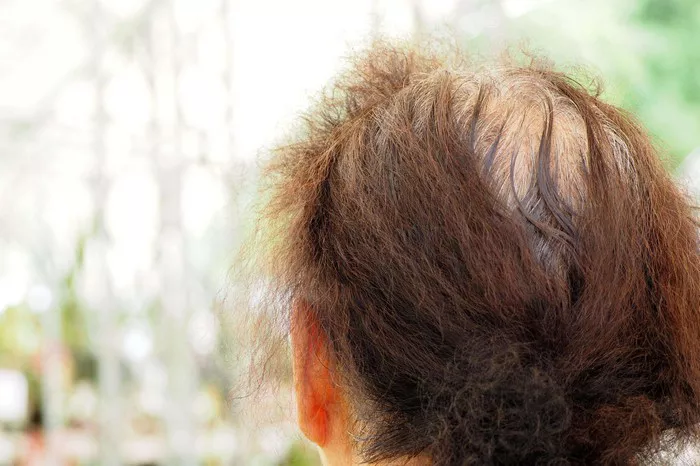Thailand’s national breakdancing team, in their debut appearance at the Asian Games held in Hangzhou, China, this year, brought attention to a lesser-known challenge within the sport—hair loss.
Amid discussions about the support required by performers in a sport often referred to as “breakdancing” in the media, the Thai team shed light on the challenges they face due to a lack of adequate training facilities in their home country. With limited resources, they are forced to practice their moves in public spaces, such as parks and shopping malls.
However, it was team member Kantapon Rodsaart who candidly raised another issue, shedding light on a problem that affects him and his fellow breakdancers—hair loss.
“I have to wear a hat while dancing to protect my hair because it’s thin. The more I dance, especially on a rough floor, the more my hair falls out. So, I would like to ask for support or sponsorship for hair treatment,” Kantapon revealed during a press interview.
While Kantapon and his teammates shared a light-hearted moment of laughter as he spoke, he was quick to emphasize the seriousness of the issue. “I am serious about this; it would boost my confidence. Currently, I have to wear two hats. If I don’t wear it, you will see a shine from my head,” Kantapon added.
A recent study published in the Journal of Dance Medicine and Science identified a unique form of alopecia among breakdancers, known as “headspin hole” or “breakdancer overuse syndrome.” This condition was found to be more prevalent in individuals who practiced more than three headspin sessions a week, leading to hair loss. Shockingly, the study also revealed that breakdancers were less likely to seek medical help for their condition.
Breakdancing, making its debut at the Asian Games in Hangzhou, is set to become the newest Olympic sport at the upcoming Paris Olympics. B-Boys and B-Girls, as the performers are known, competed in front of a panel of judges and a large audience.
The gold medals were awarded to Japan’s Shigeyuki Nakarai in the men’s category and China’s Liu Qingyi in the women’s category.
Kantapon’s plea for hair treatment sponsorship was made public as he shared a clip of his media interview on Facebook, accompanied by the caption, “I’ll keep sharing until a sponsor appears,” along with a laughing emoji. While the question of “How often should you wash your hair?” remains one of the most commonly asked beauty questions, it is important to remember that there is no one-size-fits-all answer, and experts assert that even seemingly universal hair care rules may not apply to everyone.


